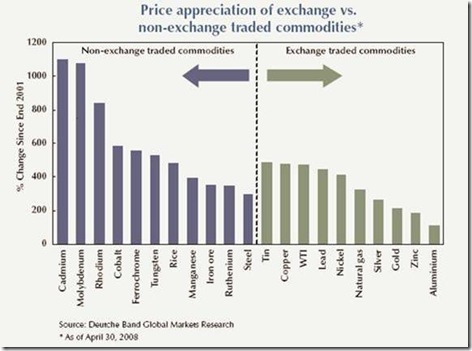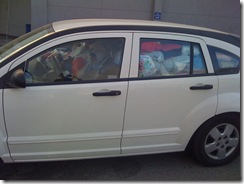David Ricardo introduced the theory of "comparative advantage" – advising that each country has the ability to produce a good at lower cost, relative to other goods, compared to another country.
Ricardo’s theory advises countries to specialize in the production of goods and services they can produce most efficiently – or with lowest relative costs.
Complementary Comparative Advantage involves identifying countries (or parties or companies) where each has a comparative advantage over complementary areas of production – so that partnering will bring both economic benefits.
This was the language I used in my college thesis and law school work to explain the economics of peacemaking.
When we started PeaceWorks in 1993, we relied on this theory to encourage Israeli food manufacturers to purchase their olives from Palestinian growers, their sun-dried tomatoes from Turkish growers, and their glass jars from Egyptian manufacturers.
Another requirement of PeaceWorks is to ensure symmetry in economic relations, which is another prerequisite to ensuring or maximizing the chances of positive impact from economic cooperation. Besides the agricultural field, where Israelis and Palestinians and other Arabs can make symmetrical contributions, other areas in the Middle East where there are symmetrical complementary comparative advantages include the textile sector, and the area of Dead Sea cosmetics, where we dabbled in 1993. Furniture (where Palestinian craftsmanship from Gaza has a lot to offer) is another area ripe for collaborative cooperation, as is construction, and of course tourism. Business leaders like Dov Lautman have spearheaded cooperation in the textile industry between Israel and Jordan, between Israel and Egypt, and within Israel between Jews and Arabs cooperating side by side.
As my prior post notes, Zvi Schreiber has now also proven that even in the hi-tech world you can achieve worthwhile synergies between Israelis and Palestinians.

















